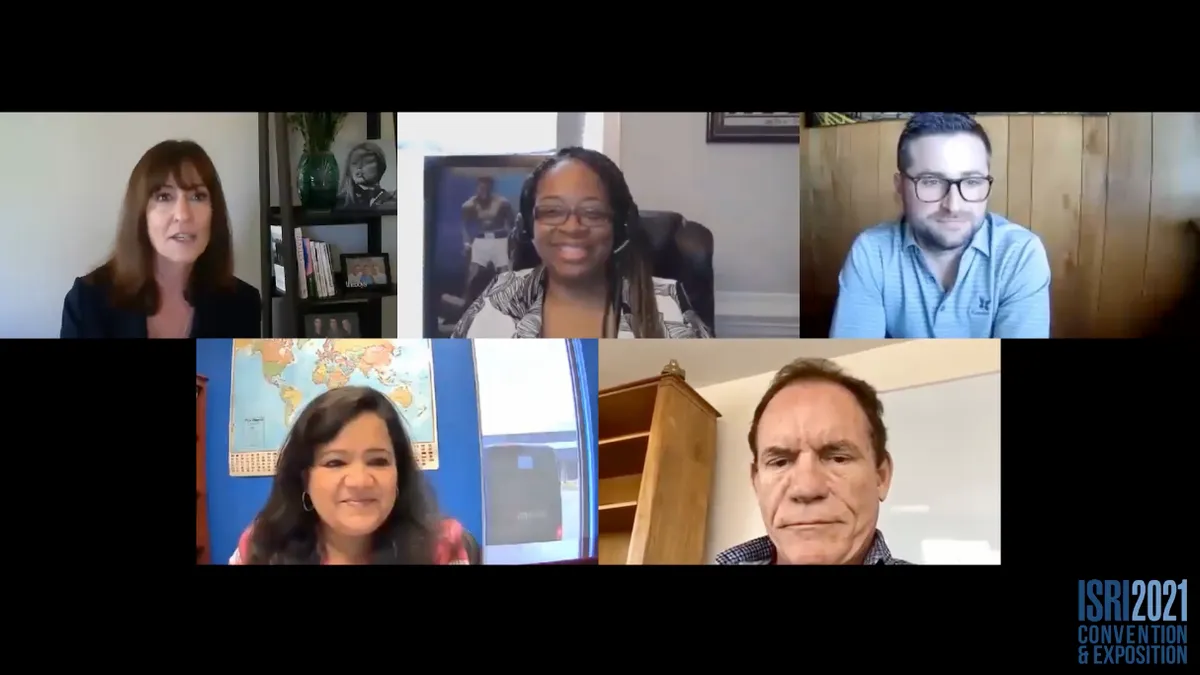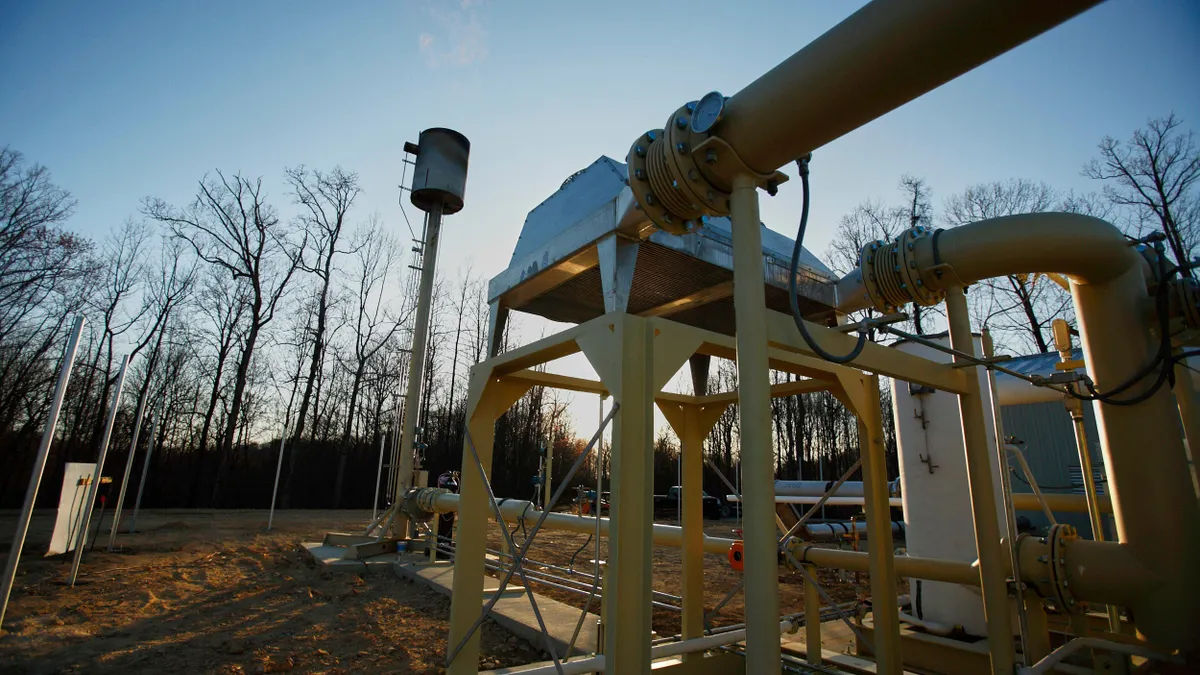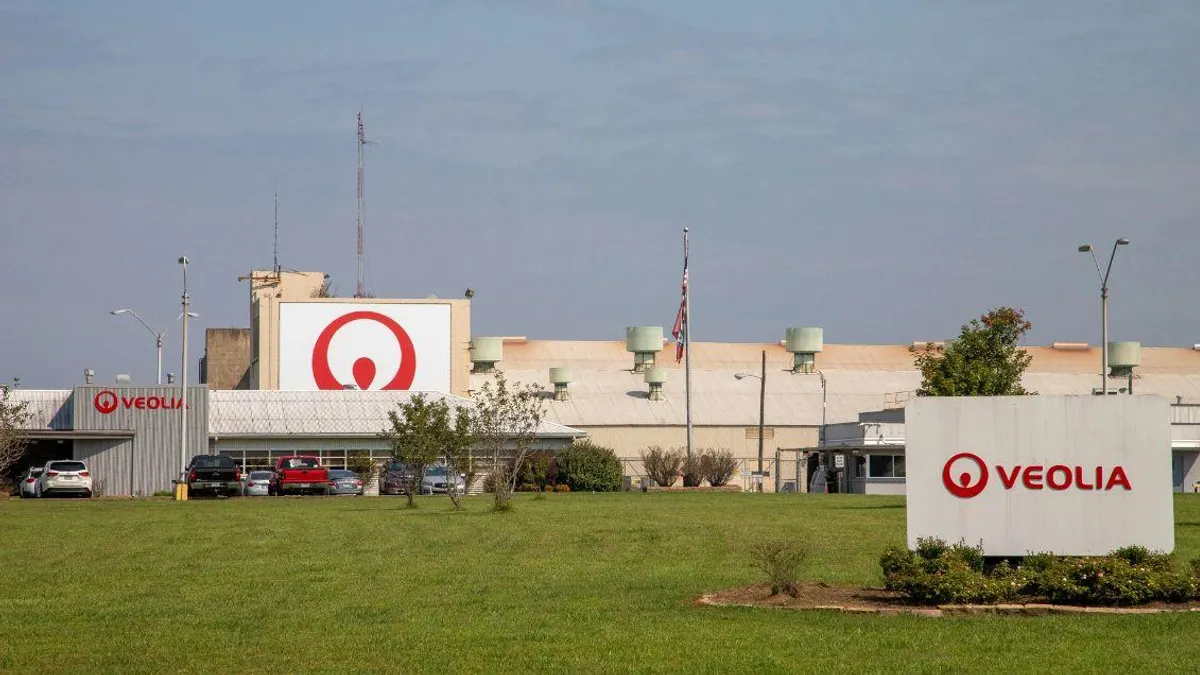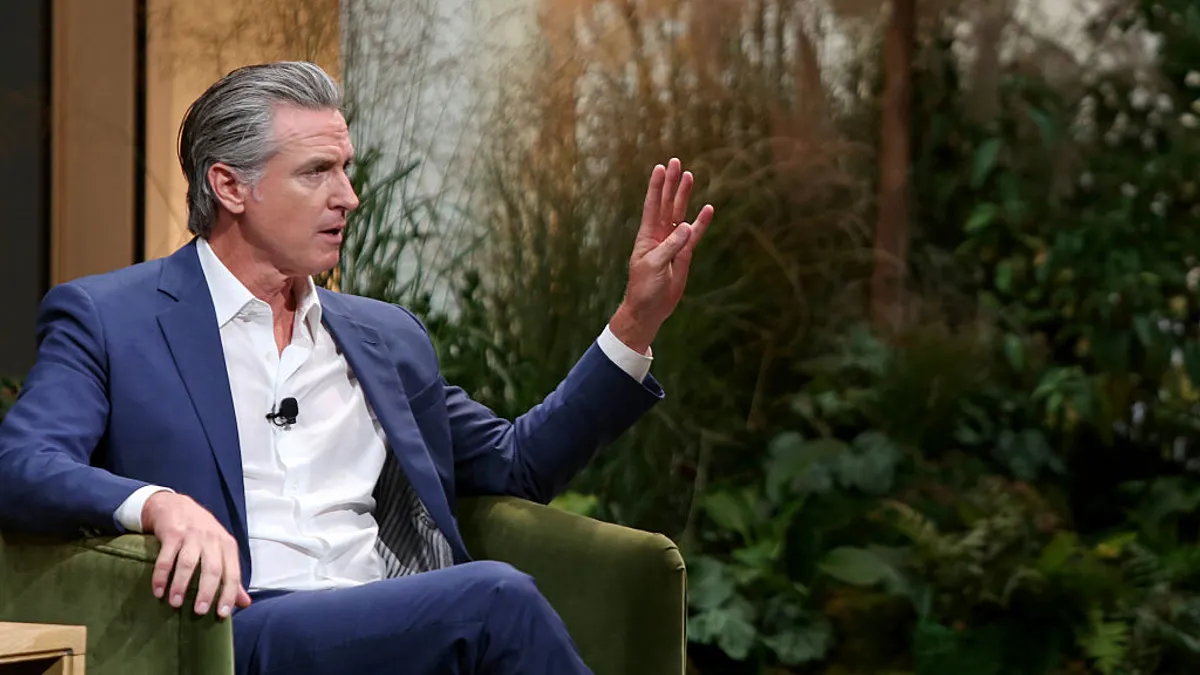Speakers at the Institute of Scrap Recycling Industries' April convention acknowledged the intricacies of environmental justice (EJ), racism, and diversity targets, offering suggestions on how to approach the topics during multiple panel discussions.
Experts stressed that recycling and waste companies have a particular responsibility to understand and address environmental justice, in part because many of their facilities are in lower-income communities or communities of color. As company leaders look for ways to be more involved in their communities, they must work to diversify and support their own workforces, too, they said.
ISRI's board chair, Gary Champlin, acknowledged that the recycling industry has not always been as vocal about discussing EJ, partly because some recyclers may see the topic as a "sore spot." This year, ISRI's convention had multiple panels that specifically addressed EJ issues and diversity topics. "It's essential that we all understand the goals of environmental justice and why it is so important, and to look not only at how it fits with our industry, but how it can be an essential part of our long-term growth," he said.
Here are some takeaways from the conference:
Anticipate EJ policy changes
Several panel discussions dug into the specifics of environmental justice from a policy level. While EJ is not a new concept, the Biden administration and U.S. EPA Administrator Michael Regan have announced a renewed focus on the issue as part of several climate change-related executive orders and initiatives.
Matthew Tejada, director of the EPA’s Office of Environmental Justice, said these orders, as well as anticipated updates to state and local laws and proposed federal bills, will eventually require recyclers to make more of an effort to consider where to locate or expand their facilities to avoid adversely affecting nearby communities.
Two of Biden’s recent executive orders call for more emphasis on environmental justice concepts, investment in communities experiencing environmental injustices, and the development of more EJ programs and policies. Julius Redd, a principal at environmental law firm Beveridge & Diamond, said the latter might include improving access to data in front-line and fence-line communities, “making sure data is available to the community so they can be advocates for themselves."
Redd, whose firm has advised recycling and waste companies on their EJ approaches, said companies should consider creating an EJ policy, shared both internally and externally, “to set the expectations at the company.” Then, train everyone on basic EJ concepts and issues and specific incidents that could apply to the company’s business operations or relationships with neighbors, he said. Employees should have “sufficient training, knowledge and awareness to be able to deal with environmental justice issues, to the extent that they arise in the daily operations of a company,” he said.
Brian Shine, CEO of metals recycler Manitoba Corp., said it’s not enough to simply write a policy and put it away. Each company’s top executives and managers have “to be in sync” on how they will tackle EJ-related issues and communicate these values to everyone in the company, he said.
“If it's not real, and you're faking your way through it, that's going to be very obvious to the community at large and it actually has the potential to backfire," Shine said. "So this needs to be culture-driven within your organization."
Build long-term relationships
Though it can be easy to get bogged down with the details of writing or researching EJ policies, a company’s time and energy is best spent proactively building relationships with the community around it, panelists said. At the heart of EJ is the idea that “all communities have a say and the opportunity to participate in what happens to them in their environment,” Redd said. To make that possible, companies that operate in those communities must create space to have intentional, honest conversations.
Relationship-building is not easy and won’t happen overnight – in fact, it can take years to truly build trust within a community and to know community members' concerns and ideas, Tejada said. Conversations about EJ can also be uncomfortable because they can involve topics like racism and classism that disproportionally affect some neighborhoods where waste and recycling facilities may be located.
“This isn't something you're just going to turn the corner on in this decade,” he said. “This is a long-term commitment of understanding how to incorporate equity and justice, how to engage communities, how to meet the demands and the needs of those communities,” he said.
In the past, Shine said, his company has had a tendency to “fly under the radar” and operate its scrap business without much community interaction. In recent years, the company has started to rectify this by directly introducing themselves to next-door neighbors and inviting them to tour the facility along with local lawmakers. The company has also gotten involved in several community fundraisers.
Getting passionate about a community youth sports team or another local cause “demonstrates your commitment to and interest in the community in general, in my opinion,” Shine said. “If you only write a check, you’re doing your company a disservice.” He also recommends joining the local chamber of commerce, which can help with getting to know other business leaders in the neighborhood.
Take a proactive approach
While some recycling companies may be hesitant to reach out to neighbors for fear of opening the door to complaints or criticisms, Shine said neighbor feedback is actually an opportunity to build better relationships by listening and promptly responding to issues such as noise complaints. It’s also a way to create partnerships rather than competitions between neighbors, he said.
“I've felt that we as scrap company operators, in some cases, are defensive [and believe] that we've been here longer and we were here first...The reality is that that defense isn't going to cut it," Shine said.
Addressing the small issues quickly will also help avoid larger, long-term conflicts, Redd said. Companies should not wait to start to work on their EJ strategy until they have a conflict with neighbors.
Build relationships now, “particularly in times when there aren't any issues,” he said. “If and when that time comes when you want to expand your permits or expand your facility, or increase the operations, you have that built-in trust … and they look upon you favorably as a good corporate citizen.”
Companies that have made a bad first impression, or companies that have had a longtime reputation as a polluter in a community, can still start down a path to rectifying these issues, Tejada said. He mentioned an unnamed company that began working to turn around its relationships with neighbors back in the '90s, after leaders admitted “I wouldn't want to live next to these places, either." The company began showing up to National Environmental Justice Advisory Council meetings, meeting with affected neighbors, and asking what else they could do to change.
“They’re still not received with open arms everywhere, but they have communities and EJ organizations and EJ leaders who are able to meet them in a neutral space,” Tejada said.
Cultivate a diverse company culture
While recycling companies look for ways to build better relationships with the communities where they operate, panelists also discussed how companies can build better relationships within their own organizations through diversity, equity and inclusion (DEI) principles. Companies are beginning to make more intentional shifts toward more diverse, equitable workplaces, but they still have a long way to go, panelists agreed.
Stef Murray, chief diversity officer and vice president of human resources at Schnitzer Steel Industries, said diversity and inclusion are a “necessity, a business imperative” that keeps businesses strong. Although companies may outwardly tout their commitment to diversity, it’s important for them to have strong DEI goals and targets that make sense for the company, she said.
“The mistake that lots of companies make is they set targets that aren't realistic, or they set targets without qualifiers, so what they end up doing is they promote unqualified diverse candidates, which makes the program failed before it even started,” Murray said.
Other panelists also stopped short of promoting quotas. George Adams, CEO of SA Recycling, said he doesn’t set out to hire a specific number of people of color or women, but his company invests in its employees by creating clear paths for employees to be promoted internally.
Currently, 76% of SA’s overall workforce and 63% of its supervisors are people of color, and 30% of senior management is women, he said. To achieve greater diversity, leaders at the top must make a commitment to providing a workplace culture that is open, honest, and safe for all types of employees to do their best work and offer suggestions and feedback without fear of retribution, Adams said.
Sean Daoud, vice president and treasurer at PNW Metal Recycling, said workplace diversity builds strong companies because it helps bring new ideas to the table. He credits his own company, built by immigrants including his father, for understanding the direct value diversity offers to workplaces. “Diversity is success,” Daoud said.


















